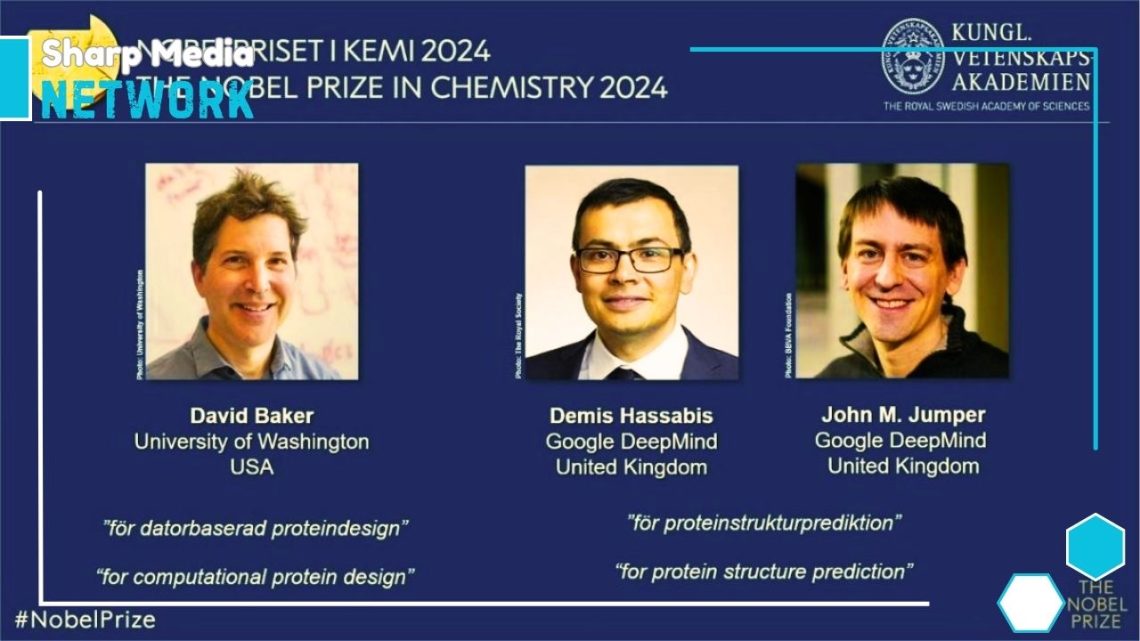
Three Protein Scientists Awarded Noble Prize 2024
October 14, 2024Scientists David Baker, John Jumper, and Demis Hassabis have been awarded the 2024 Nobel Prize in Chemistry for their transformative work on proteins, the essential building blocks of life.
The Royal Swedish Academy of Sciences announced that Baker receives half the prize for his contributions to computational protein design. The other half goes jointly to Hassabis and Jumper for their advancements in protein structure prediction. Their groundbreaking research addresses a fundamental question that has plagued scientists for decades.
Baker’s work focuses on creating entirely new types of proteins. Meanwhile, Hassabis and Jumper utilized artificial intelligence (AI) to tackle a 50-year-old problem: predicting the complex structures of proteins. This innovation is nothing short of revolutionary, according to the Nobel Committee for Chemistry.
Heiner Linke, chair of the committee, emphasized that scientists have long aspired to predict the three-dimensional structures of proteins. In 2020, Hassabis and Jumper achieved a significant breakthrough using AI. They successfully developed a method to predict the complex structures of virtually any known protein.
Baker’s contributions are equally remarkable. He addressed the challenge of building new proteins, tapping into nature’s versatility. Linke described Baker’s computational tools as groundbreaking, enabling scientists to design novel proteins with unique shapes and functions.
This advancement paves the way for numerous applications that could greatly benefit humanity. Baker is based at the University of Washington in Seattle, while Hassabis and Jumper work at Google DeepMind in London, showcasing the intersection of academia and cutting-edge technology.
The implications of this Nobel Prize extend far beyond scientific accolades. The ability to predict and design proteins holds the potential to revolutionize fields such as medicine, biotechnology, and environmental science.
As the world faces pressing challenges, from health crises to environmental degradation, the breakthroughs achieved by these scientists offer hope for innovative solutions. Their work exemplifies the power of scientific inquiry and collaboration.
This recognition serves as a stark reminder that investing in scientific research can lead to monumental advances. As we celebrate this achievement, it is crucial to support continued exploration in protein science and other vital areas.
The future of health and technology may focus on the groundbreaking discoveries made by Baker, Jumper, and Hassabis. Their work exemplifies what can be achieved when brilliant minds come together to tackle the most pressing problems facing humanity.

